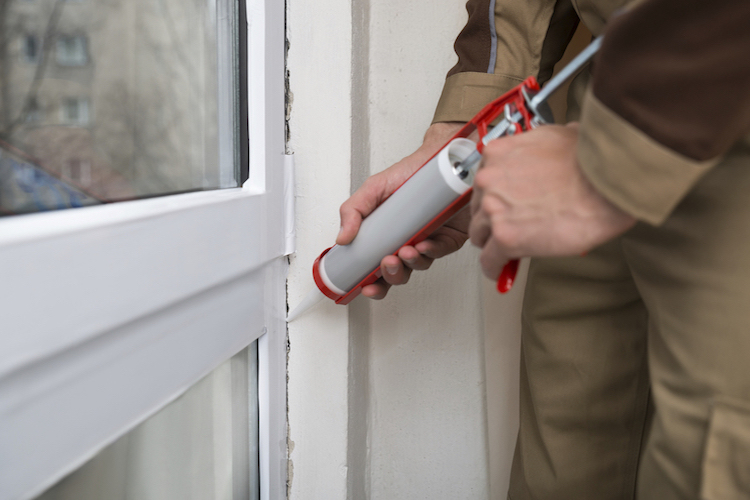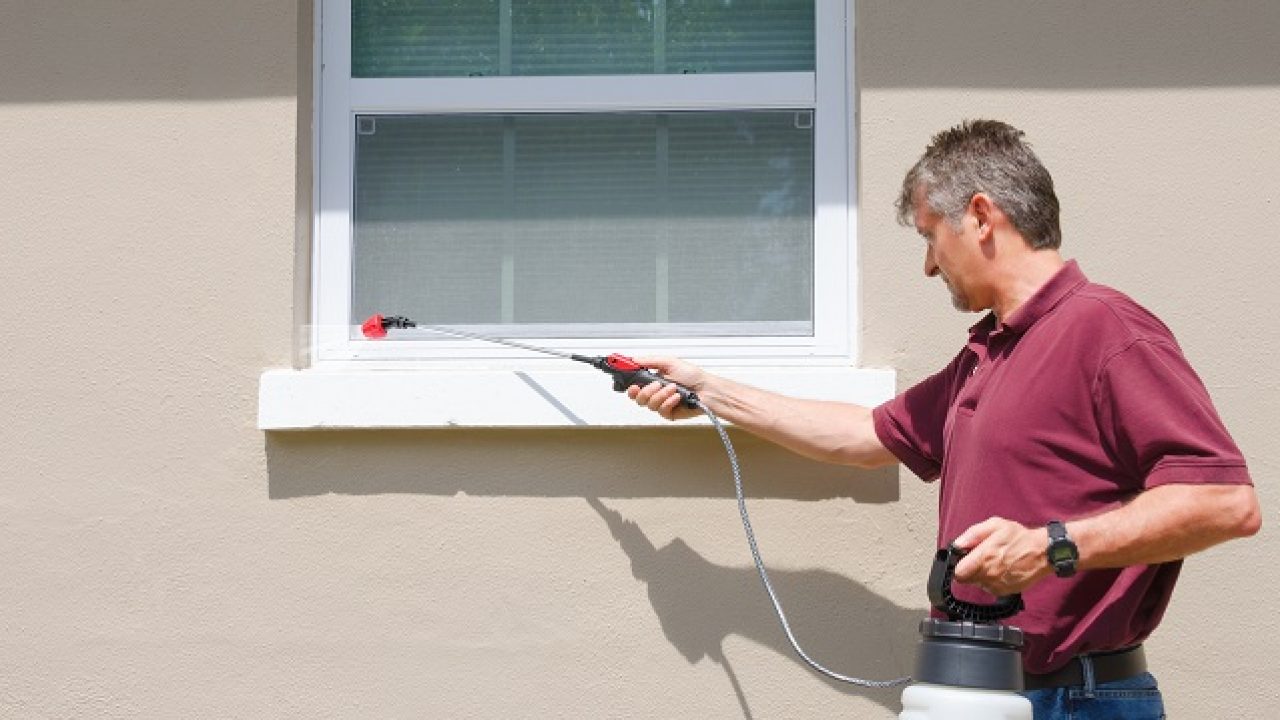
Are you looking for some great ideas to get rid of pests from your home or office? If yes, then you should read this article because it contains some useful information about pest control.
Pests such as cockroaches, ants, spiders, fleas, bed bugs, termites, mice, rats, bats, wasps, bees, and other insects can cause damage to your property.
If you want to eliminate these unwanted visitors from your house or business place, you need to hire a professional exterminator. You may have to spend hours searching for the best company for pest control Santa Clara.
A pest infestation can be very dangerous and costly. The good thing is that there are several ways to eliminate them. This article provides some helpful hints to exterminate these unwanted guests.
Flooding and debris-scattered circumstances brought on by hurricanes can pose a threat to public safety and make conditions ideal for bug infestations.
The Following Hurricane Pest Control Advice May Be Helpful To Clients Working On Cleanup And Recovery From Hurricanes And Flooding.
1. Check the roof: Roofs are one of the most common entry points for pests into homes. Make sure that all gutters and downspouts are clear and free of debris.
Cracks in walls, floors, and ceilings provide an easy way for pests to enter your home. Repair any gaps around windows, doors, and air vents. Use caulking to seal up any openings between woodwork and siding.
2. Check the foundation: Pests often enter homes through cracks in foundations or walls. Seal any gaps around windows, doors, and vents with caulk. Repair damaged drywall or plaster.
3. Check the attic: Attics are another common source of pests entering homes. Remove debris and repair loose shingles or siding.
4. Clean out crawl spaces: Crawl spaces are perfect hiding places for pests. Keep them clean by removing clutter and repairing holes and cracks.
5. Use traps: Traps are effective tools for eliminating pests. Place them near food sources and entrances to prevent pests from returning.
6. Eliminate nesting areas: Nests are an excellent place for pests to breed. Remove old furniture and appliances to reduce their number.
7. Spray pesticides: Insecticides can help kill pests quickly. Apply insecticide sprays to cracks and crevices where pests hide.
8. Use repellents: Repellent products work well against pests. Sprinkle citronella oil or mint leaves around the perimeter of the house to deter pests.
9. Vacuum regularly: Regular vacuuming removes dust and debris that attracts pests.
10. Use natural remedies: Natural remedies like garlic, hot peppers, lemon juice, vinegar, and soap can help repel pests.
11. Treat pets: Pets can spread pests throughout the home. Wash pet beds and toys frequently.
12. Use traps indoors: Trapping is a popular way to remove pests from homes. It involves using sticky tape or glue traps to catch pests.
13. Use baits: Baits attract pests and keep them away from homes. Bait stations are available at local hardware stores.
14. Use foggers: Fogging uses carbon dioxide gas to kill pests. Follow the manufacturer’s instructions when applying foggers.
15. Use heat treatments: Heat treatments use high temperatures to kill pests.
16. Use steam cleaners: Steam cleaners use water vapor to kill pests.
17. Use fumigation: Fumigation kills pests by releasing toxic gases.
18. Use traps outdoors: Outdoor traps are used to capture pests outside the home.
19. Use pesticides outdoors: Pesticides are applied to outdoor surfaces such as walkways, decks, fences, and tree trunks.
20. Use traps indoors: Indoor traps are placed inside rooms to trap pests.
Pest Control Services:
In Pest control Santa Clara , Services include monitoring pest activity, inspecting homes for signs of infestation, identifying and controlling pests, and preventing future infestations.
1. Monitoring: A pest management professional will monitor pest activity on a regular basis. They may inspect homes for signs of infestations, identify and control pests, or prevent future infestations. This includes checking for evidence of pests such as droppings, nests, or eggs.
2. Inspections: An inspection identifies potential problems with your home. Professionals look for signs of pests in the exterior of the home and inside the structure.
3. Identifying and Controlling: Once pests have been identified, they are controlled. For example, ants may be removed manually, while cockroaches may be exterminated with a pesticide.
4. Preventing Future Infestations: Prevention is key to keeping pests out of the home. Professionals recommend sealing entry points, eliminating nesting areas, and removing items that encourage pests.
5. Exterminating: If you suspect that pests are already present, professionals will terminate the infestation.
6. Preventive Maintenance: Professionals perform preventive maintenance to ensure that pest-related issues don’t occur again.
7. Home Inspection: Before buying a home, it’s important to know whether there are any pest concerns. The inspector will check for signs of pests including nests, droppings, and other evidence of an infestation.
Personal Safety:
- Flood waters may contain a variety of pests, including snakes, fire ant nests, rats, and more.
- Human waste, chemicals, fuels, and other potentially dangerous materials may be present in flood waters.
- If you must work in a flooded area, exercise extreme caution. Whenever possible, put on personal protective equipment.
- During flooding, fire ants can move by floating. Avoid trying to treat a fire ant raft with pesticides if you see one because doing so could contaminate the flood waters.
Conclusion:
To be prepared, it is always a good idea to have some solid pest control advice for hurricane season.
If you reside in a region that is susceptible to hurricanes, be mindful of these potential insect problems after a storm. Fortunately, scientists now think there is a technique to prevent hurricanes. So, if you live in a hurricane prone area, consider the above tips.



